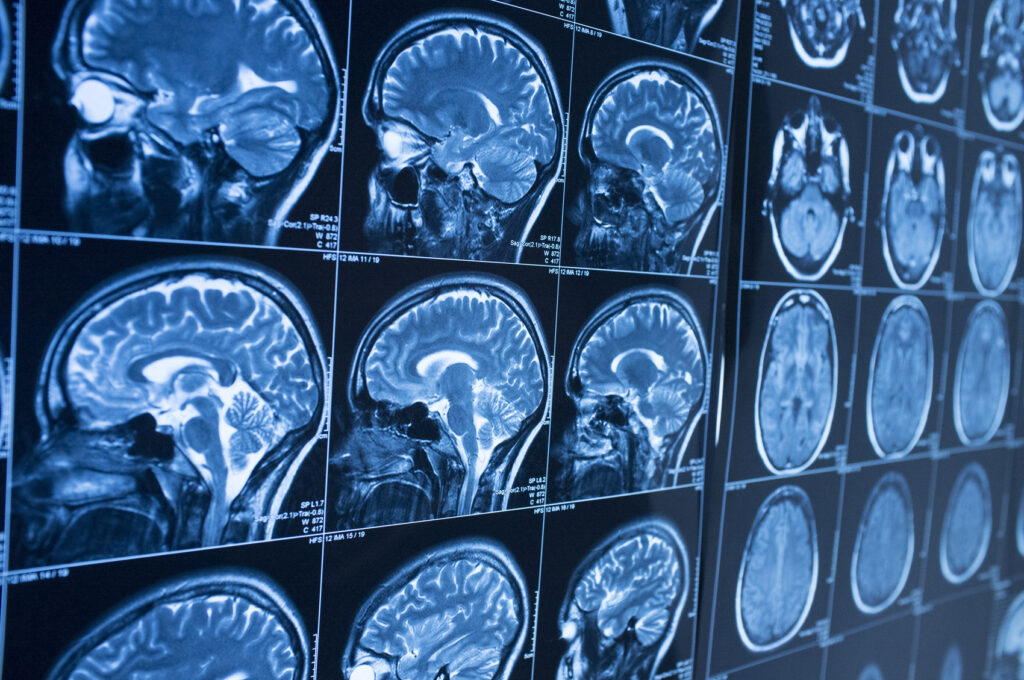Attorneys of Chicago | December 10, 2024 | Brain Injuries

As a rule of thumb, you should always seek medical attention after suffering a head or spinal cord injury, even if you don’t think it is serious. There is no such thing as a trivial spinal cord or brain injury. No matter how minor it may seem at first, any injury of the sort has the potential to result in serious consequences.
One of these potential consequences is hemiplegia, a form of partial paralysis that affects one side of your body. Though it is often associated with stroke patients, it can also appear after sustaining certain types of injuries.
Strokes
According to the CDC, almost 800,000 people in the U.S. suffer a stroke every year. While only a few hundred people die from such a medical event in the same time frame, many will suffer long-term consequences, such as a variant of hemiplegia. It can be limited to portions of the body, like the face or a single arm, or it could affect an entire half of the body.
In some stroke victims, hemiplegia might be the first sign that they have suffered a stroke. Some strokes occur while victims are sleeping or in situations where the stroke simply isn’t apparent. When a stroke goes undiagnosed, its effects may worsen over time, resulting in partial paralysis.
However, hemiplegia may also be a sign of medical malpractice, particularly if the victim received a medical evaluation shortly after suffering a stroke. If the doctor failed to identify that the patient suffered a stroke and gave some other diagnosis, that failure might have worsened the individual’s condition.
Brain Injuries
Another common cause of hemiplegia is an acute brain injury. These injuries can be similar to strokes in that you might not display serious symptoms at first. However, if it goes undiagnosed for too long, those hidden symptoms may worsen, resulting in partial paralysis that has no cure.
While your skull is relatively strong, your brain doesn’t share that strength, and it is quite susceptible to damage. Almost any blow to the head is likely to cause at least modest damage. Even worse, because your skull is so strong, your brain can suffer an injury by bouncing off the inside of your skull when your head is struck or shaken.
Common causes of brain injuries include the following:
- Head-on accidents
- Slip and fall accidents
- Contact sports
- Assault
While the consequences of a brain injury are often permanent, hemiplegia won’t always occur immediately after an accident. If a doctor provides immediate mitigation, they can help stave off hemiplegia or prevent it from worsening.
What To Do If You Suspect Hemiplegia
Early symptoms of hemiplegia could involve numbness or weakness. If you experience these following a head injury, you should take them seriously and get a medical evaluation as soon as possible.
Hemiplegia has no cure. There are things that you and a doctor can potentially do to mitigate symptoms, but once you experience symptoms, they will never go away. The best a doctor can do is potentially catch the onset early and prevent it from worsening, which is why it is critical that you seek care as soon as possible.
Understanding the Causes and Consequences of Hemiplegia
Hemiplegia is one of the more catastrophic injury results of a brain or spinal cord injury, capable of permanently limiting your ability to work and enjoy life. Understanding the causes of the condition and how to respond to its signs can potentially limit how it affects your life.
Contact Our Chicago Brain Injury Law Firm For Help Today
If you’ve been injured in an accident in Chicago, Illinois, and need legal help, contact our experienced personal injury lawyers at Attorneys of Chicago Personal Injury Lawyers to schedule a free consultation today.
We proudly serve Cook County and its surrounding areas:
Attorneys of Chicago Personal Injury Lawyers
134 N La Salle St #2160
Chicago, IL 60602
Phone: (872) 324-4375
Hours: 24/7
Our firm is located near you. We have an office in Chicago
Find us with our GeoCoordinates: 41.5486783,-87.8377085
